Marriage and raising children can be fulfilling life choices for many people—but according to one behavioral science expert, the happiest and healthiest people in society might be those who skip both.
Paul Dolan, a professor at the London School of Economics, told The Guardian that his research suggests traditional ideas of happiness and success often don’t match reality—especially for women.
He summed up his findings bluntly:
“If you’re a man, you should probably get married; if you’re a woman, don’t bother.”
— Paul Dolan, LSE professor

Dolan explained that while marriage tends to benefit men by calming them down, boosting earnings, and helping them live longer, the same cannot be said for women.
“You take less risks, you earn more money at work, and you live a little longer. She, on the other hand, has to put up with that, and dies sooner than if she never married. The healthiest and happiest population subgroup are women who never married or had children,” he added.

While married people generally report higher happiness, Dolan says this often depends on whether their spouse is standing next to them when asked:
“When the spouse is not present: f***ing miserable,” Dolan said. “The healthiest and happiest population subgroup are women who never married or had children.”
Dolan outlines this research in his book Happy Ever After, which draws heavily from data in the American Time Use Survey. The survey tracks how much pleasure and stress people feel doing everyday activities, comparing singles, marrieds, and those who are divorced, separated, or widowed.

Other research has found that married women might benefit financially and emotionally—but Dolan believes those perks don’t always outweigh the stress of married life.
He also noted that single women often face stigma, not because they’re less happy but because of outdated social expectations.
“You see a single woman of 40, who has never had children—‘Bless, that’s a shame, isn’t it? Maybe one day you’ll meet the right guy and that’ll change.’ No, maybe she’ll meet the wrong guy and that’ll change. Maybe she’ll meet a guy who makes her less happy and healthy, and die sooner.”
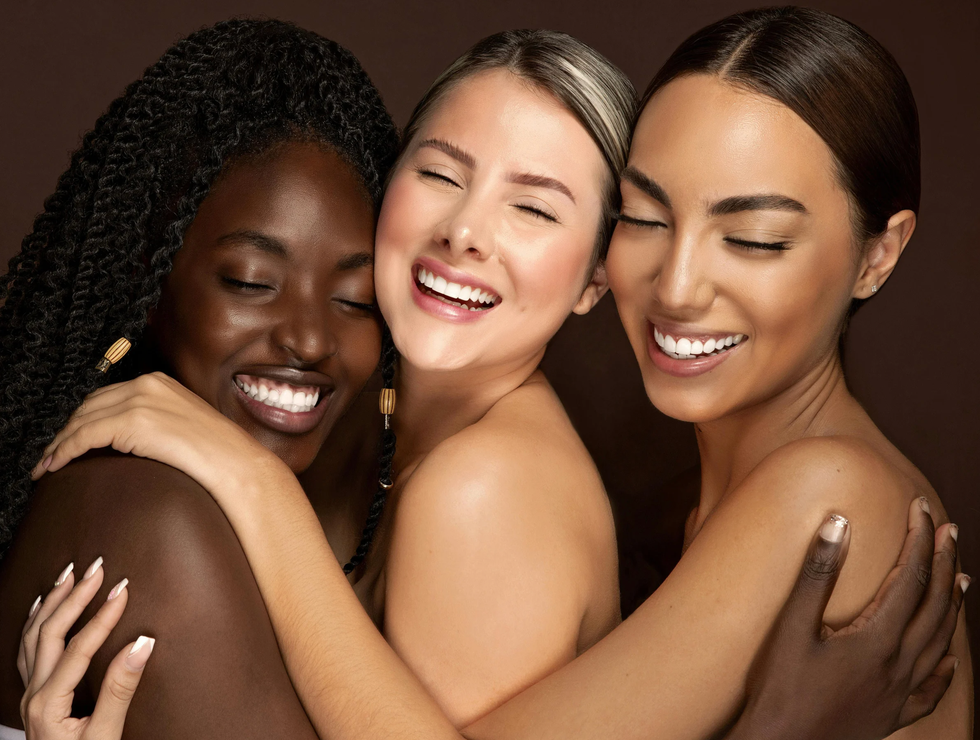
Dolan’s findings continue to spark debates about what success and happiness really look like—and whether choosing a partner and kids is always the best path for everyone.
This article originally appeared four years ago.








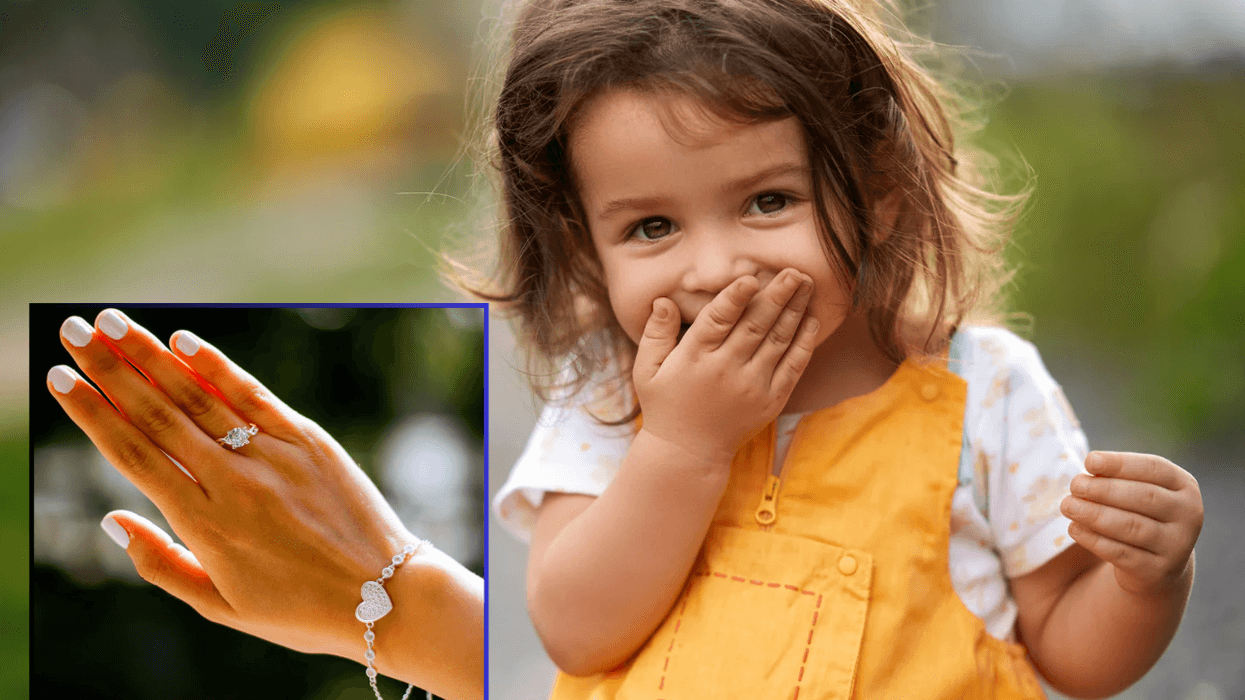
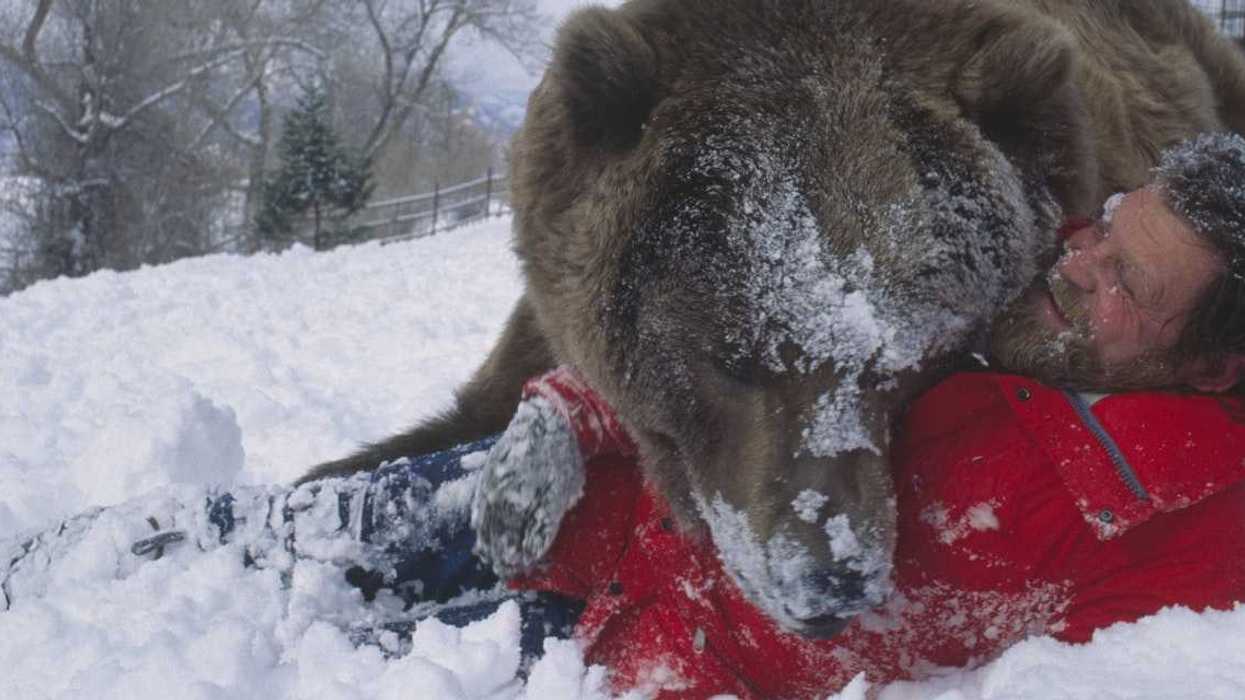








 A coupe on a romantic dateCanva
A coupe on a romantic dateCanva
 A woman swims in the oceanCanva
A woman swims in the oceanCanva A happy-looking dolphin popping out of the waterCanva
A happy-looking dolphin popping out of the waterCanva
 A labratory mouse checks out a microscopeCanva
A labratory mouse checks out a microscopeCanva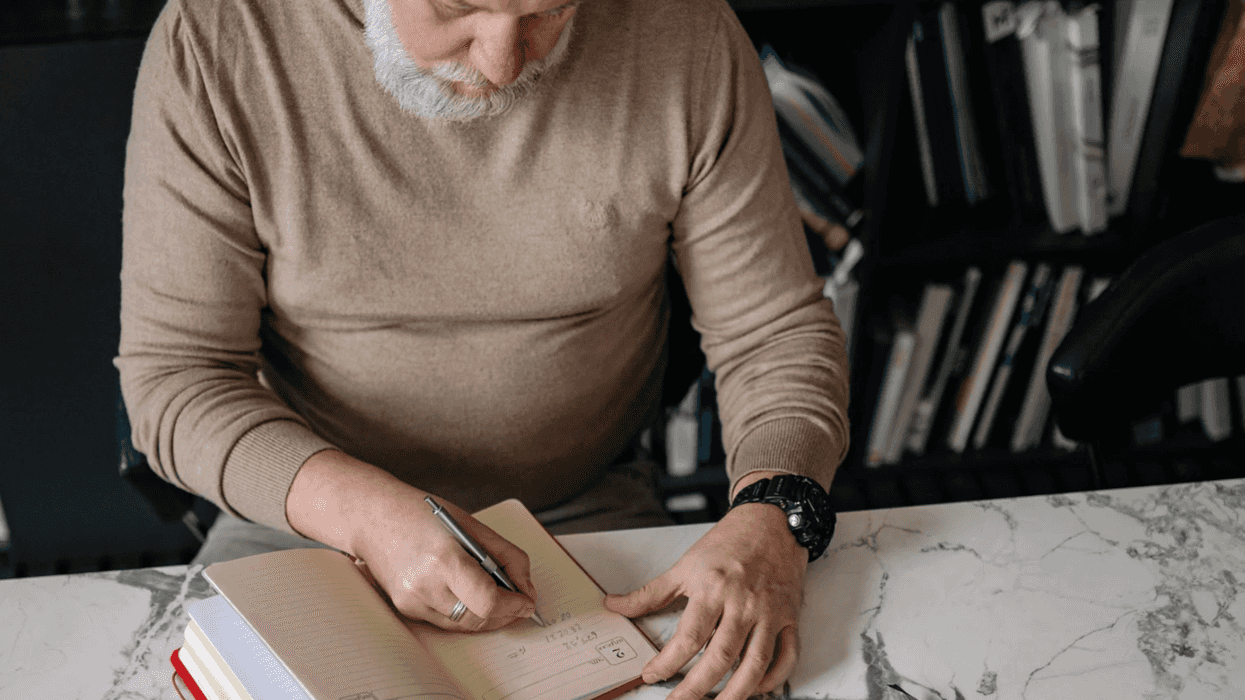

 Gif of little dog holding guitar with caption "Time For Tacos" via
Gif of little dog holding guitar with caption "Time For Tacos" via 

 A woman scrolls through a dating appCanva
A woman scrolls through a dating appCanva
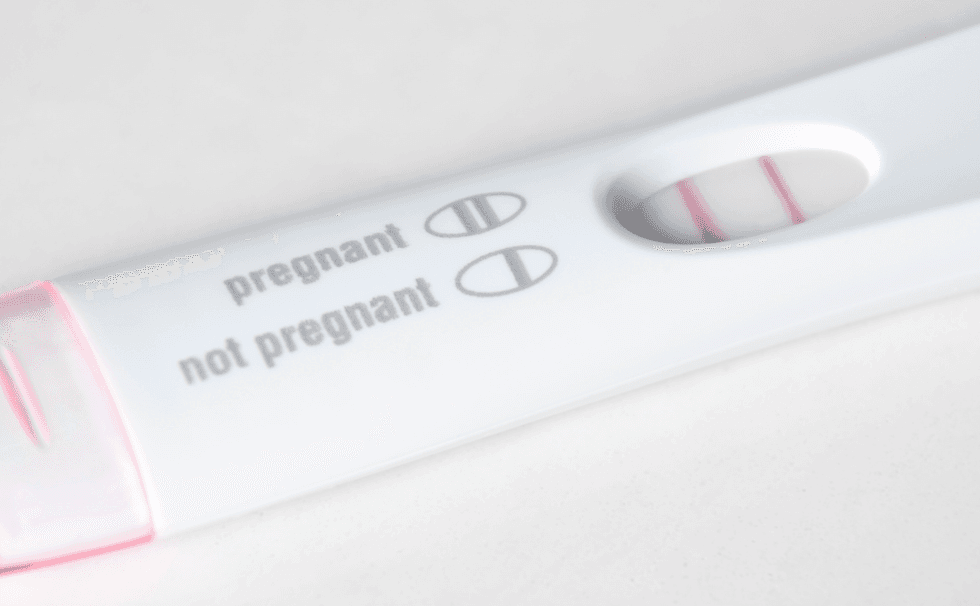 A home pregnancy test Canva
A home pregnancy test Canva